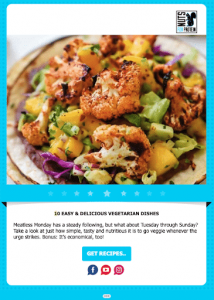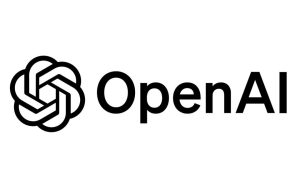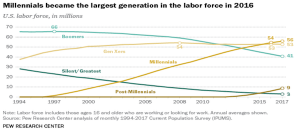Aaaah, the freelance life. It sounds so leisurely, doesn’t it? The reality is that we freelancers are working hard to hustle up an income. Sure, we get to make our own hours and choose our clients, but we don’t have the luxury of a regular paycheck and a list of assignments handed to us by a boss. We must not only generate the work, but organize our time to make sure that we manage all the details properly. It can be a lot to handle.
Those of you who are already working as freelancers will be familiar with these basics. If you’re considering becoming a freelancer, here are a few essentials that you better make sure you have in your toolkit:
1) Good Internet Service
Honestly, this is the foundation of everything. I almost hate to say it, because I don’t love the idea that my livelihood depends on access to electricity and WiFi service. However, it’s true. Our business, especially in the events industry, depends on connectivity. If you work out of your home, invest the few extra dollars in high speed service. It makes a difference. Hopefully, you have a reliable carrier. Investigate all of your options and go with the one that offers the most consistent availability and highest quality service. This is a basic tool, so it’s worth the investment. Don’t skimp here!
If you work outside of your home, make sure you have a few good options. Honestly, regardless of where you work, it’s always good to have a back-up plan. Most good coffee shops have excellent WiFi – the two usually go hand in hand. If you have a favorite hangout in your neighborhood, great.
If you get sick of spending money on caffeinated beverages, consider finding a public library. Most branches have reliable, free service, and offer a quiet working environment. You may even decide to invest in a spot at a co-working space. Good internet service is a key feature in all shared work spaces, as they are typically designed by and for entrepreneurs.
2) Scheduling Software
Organizing your workflow is one of the most important aspects of working for yourself. Personally, I find it helpful to write myself a list by hand at the beginning of the week, including the amount of time it’s going to take to do each thing on the list, and then the day and time I’m blocking out for that task. This can work for a while if you are a one-person operation. However, it can get messy if you aren’t good at crossing things out and throwing away the old lists.
A good alternative, especially if you have any assistants or collaborators, is a program such as Asana or even Google Calendar. These are both online platforms that allow multiple users to share and edit information. Google Calendar offers a basic task tracking function, while Asana allows more granularity in categorizing different projects and saving related data.
3) A Good Bookkeeping System
It’s important to track your income and expenses. For many of you, this might seem like a thankless task. Believe me, I know. My first temp bookkeeping assignment out of college consisted of me taking a shoebox full of receipts and entering them into a spreadsheet. By hand.
Fortunately, nowadays we have a few good tools that can help streamline this activity. If you are handy with an Excel spreadsheet, you can certainly use that basic tool to record all your financial data. However, you may want to consider something even more automated, such as Quickbooks, which can easily sync up to your online bank statement. This go-to accounting program offers several affordable versions well suited to freelancers.
Business & Finance Articles on Business 2 Community(92)
Report Post







